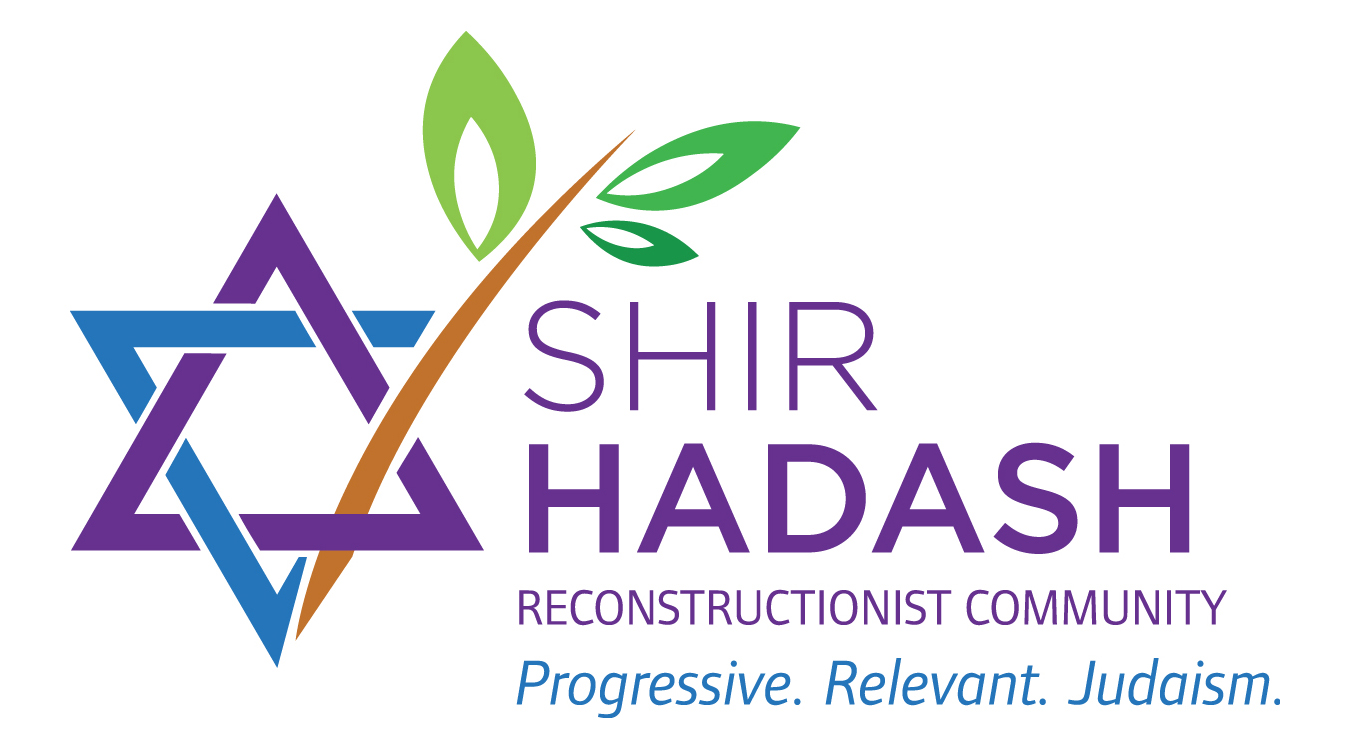What Is Reconstructionist Judaism?
Reconstructionism is an American,progressive branch of Judaism.
Torah: Tradition tells us that the Torah was dictated by God to Moses, and then transmitted through the generations. Reconstructionist Jews see the Torah as the Jewish people's response to God's presence in the world (and not God's gift to us). That is to say, the Jews wrote the Torah. But that is not to say that the Torah is merely a human creation. It is a response to the sacred. It is an attempt to convince an entire people to view everyday life in a sacred way.
Prayer: Reconstructionist Jews retain much of the traditional language of Jewish prayer, but not the traditional understanding of its meaning and function. Rather, we understand prayer to help us perform the task of awakening ourselves to the miracle that is life and to the obligations that inhere in that life. We believe that we are the primary respondents to our own prayers, and that we need prayer to remind us of the Godly values behind our benevolent actions in the world.
Ritual: As Reconstructionists, we believe that community is a fundamental part of Judaism, and that the primary benefit of ritual is the formation and growth of community. We observe traditional Jewish ritual where we believe it can help our community to grow and thrive, and where it can provide vital links to our millennia of Jewish heritage.
Mitzvot: As Reconstructionists, we believe that God does not choose the Jews to perform the commandments. Rather, the Jews choose to be called by God by means of a vast network of sacred acts (mitzvot) ranging from balancing work and rest (Shabbat) to medical ethics and from the rhythms of the seasons to environmental responsibility. It is the mitzvot that keep us Jewish, and that attune us to the greater universe of which we are a tiny part.
We hope is that this brief explanation of Reconstructionist Judaism leads you to see our congregation and our movement as a modern, progressive, American way to understand Judaism as a discipline, as a life path and as a response to the holiness that fills our world.
Adapted from Rabbi Lester Lester Bronstein, rabbi at Bet Am Shalom Synagogue in White Plains, NY.
More Resources
Reconstructing Judaism

